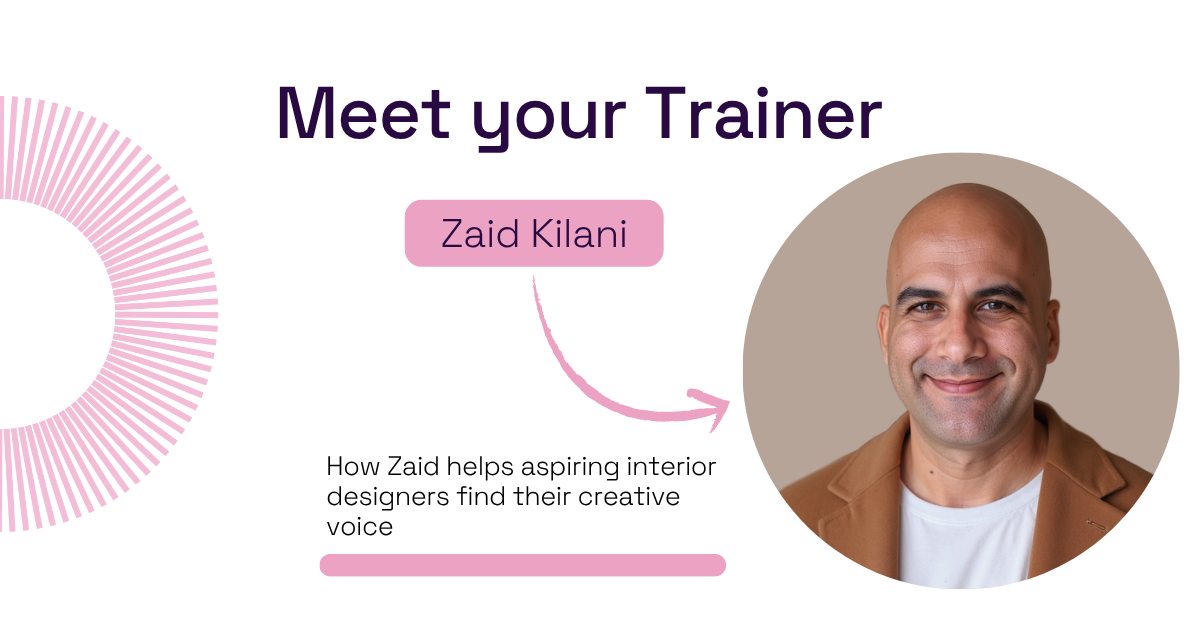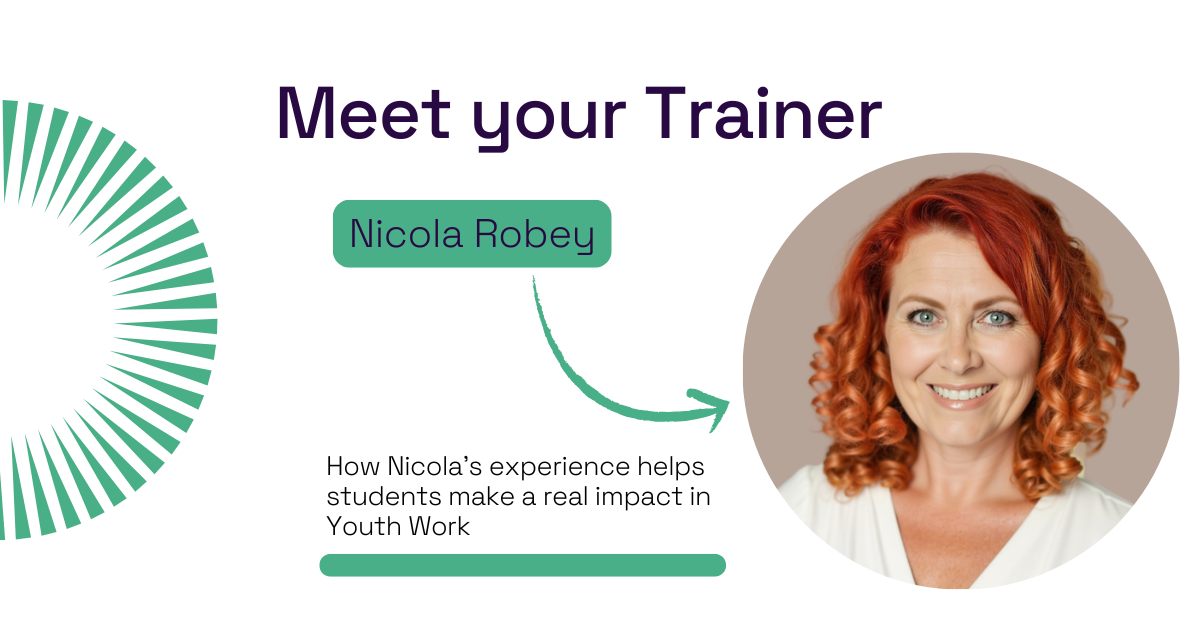Explore our collection of informative and educational blog posts to stay updated on the latest industry trends and expert advice.
Why We Need To Teach Students Time Management

Online courses are often chosen for their flexible structure, but although the ability to adjust study-time to specific needs is certainly attractive, students should not underestimate the importance of time management in online learning.
As part of a larger project to explore different ways to analyse and promote productive “listening” behaviours between learners in online conversations, researchers from Simon Fraser University’s Faculty of Education have identified four time factors that directly affect online learning outcomes.
“It is not just how much time is invested overall that is important but how it is distributed,” says Alyssa Wise, Associate Professor of Educational Technology & Learning Design at Simon Fraser University.
“One of the major reasons I see students struggle to succeed with online learning is that they don’t keep up with the work on a regular basis,” she says.
“The flexibility of online courses is appealing but without a pre-set time to devote to a course, it can be all too easy to let things get away from you.
Everyone has many competing demands on their time these days, so it’s critical for students to plan ahead and set up specific times when they plan to work on each of their online courses.”
In a chapter of the new book, Assessment and Evaluation of Time Factors in Online Teaching and Learning, Wise and her fellow researchers examine the four time factors that learners and instructors should be aware of – duration, pace, sequence and salience.
Duration refers to the amount of time a student takes to complete a particular task; sequence is the order in which different phases of a task are conducted; pace is the rate at which different learning events occur; and salience refers to a learner’s awareness of time passing in their online experience.
Some of their key findings include:
- Engaging in a limited number of extended learning sessions that are dispersed over time is more effective than frequent, shorter learning sessions
- Learners tend to spend more time participating in learning discussions online than in the classroom
- How time is distributed is more important than how much time is invested overall
- When it comes to online discussions, having students review things they have previously covered helps support integration and coherence of the conversation
- Feedback is more beneficial when provided in the early stages of the online learning experience than when it is given later on
Wise notes that based on their research, she recommends that instructors balance the attractive flexibility of “anytime, anyplace” learning with structuring that supports student success.
“For example,” she says. “Instructors can create a specific start and end date for certain tasks. This sets a frame for the learning activity that can help students to focus their time, but still allows for flexible scheduling with it.”
Another way for instructors to provide students with some structure is to incorporate reflective activities that ask students to look back over how the learning discussion has changed or progressed over time.
Setting up appropriate student expectations for response time to messages, and providing guidance to students not just about how much to participate, but when to do so, has also proved important.
In short, online learning has the potential to increase student engagement in learning discussions and support an increase in access to higher education, but in order to succeed; students must be aware of what is required of them, plan ahead and distribute their time wisely.
Wise suggests that if a course doesn’t provide due dates, students should set dates for themselves; so that even if they end up being “late,” they will have a sense of when they are on, behind or ahead of schedule.
“For many students having deadlines spaced across the term and being given a timeline to follow really helps them succeed, “she says.
She adds that students should try to keep track of their own learning, and not just how much material they are covering, but also how well they actually understand it.
“Good online learning is not a passive activity, so the more active students are in processing and working with the course content, the better they will understand it and be able to demonstrate this understanding.”








